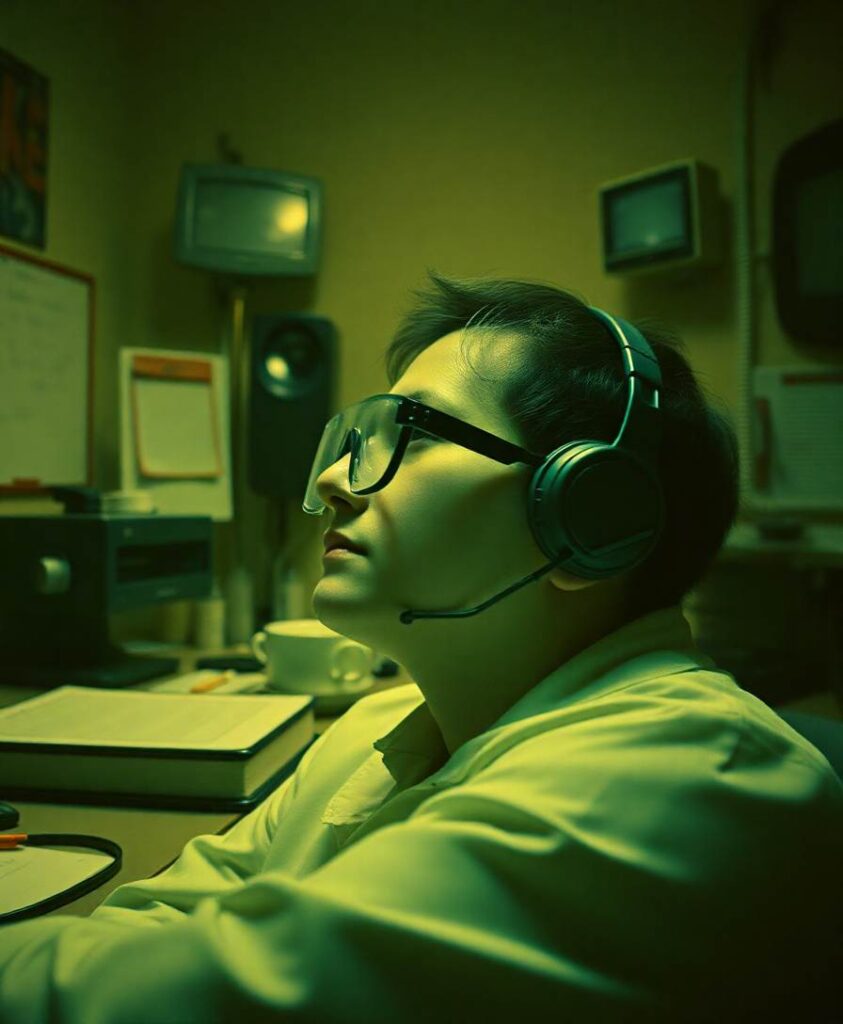How Likely Is it that I Would Act the Same Way: Modeling Moral Judgment During Uncertainty
Abstract
Moral rules come with exceptions, and moral judgments come with uncertainty. For instance, stealing is wrong and generally punished. Yet, it could be the case that the thief is stealing food for their family. Such information about the thief’s context could flip admonishment to praise. To varying degrees, this type of uncertainty regarding the context of another person’s behavior is ever-present in moral judgment. Hence, we propose a model of how people evaluate others’ behavior: We argue that individuals principally judge the righteousness of another person’s behavior by assessing the likelihood that they would act the same way if they were in the person’s shoes. That is, if you see another person steal, you will consider the contexts where you too would steal and assess the likelihood that any of these contexts are true, given the available information. This idea can be formalized as a Bayesian model that treats moral judgment as probabilistic reasoning. We tested this model across four studies (N = 601) involving either fictional moral vignettes or economic games. The studies yielded converging evidence showing that the proposed model better predicts moral judgment under uncertainty than traditional theories that emphasize social norms or perceived harm/utility. Overall, the present studies support a new model of moral judgment with the potential to unite research on social judgment, decision-making, and probabilistic reasoning. Beyond this specific model, the present studies also more generally speak to how individuals parse uncertainty by integrating across different possibilities.
Marc is a Canadian exercise physiologist in St. John’s, linking fitness to sharper thinking. He writes about real-world ways to stay strong and sharp, inspired by Newfoundland’s tough, no-frills lifestyle.



